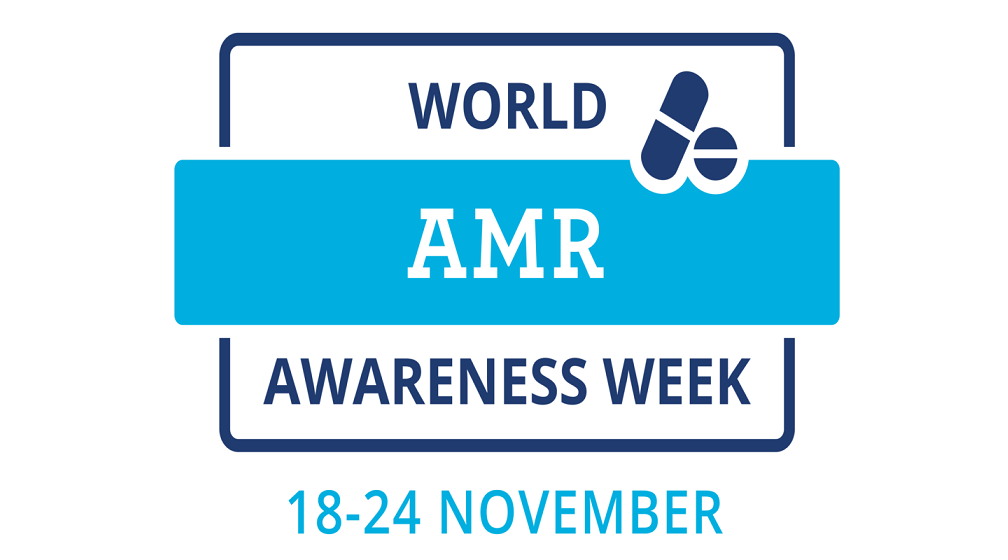
As the global health community marks World Antimicrobial Awareness Week (WAAW) from November 18 to 24, antimicrobial resistance (AMR) is emerging as one of the greatest public health threats of our time. With the theme “Educate. Advocate. Act now,” this year’s campaign calls for an urgent need for action to prevent AMR from advancing into a full-blown crisis.
Joining from Sri Lanka
Joining this year’s campaign as part of its community outreach and taking a stand to advocate to empower individuals to make informed health choices especially in reducing reliance on antimicrobials in everyday life is New Anthoney’s Group, a leading sustainable poultry producer in Sri Lanka with its antibiotic-free product lines, offering transparency about sourcing and farming practices, and working on biosecurity measures that limit the spread of infection without relying on antibiotics. AMR goes well beyond just a medical attention, to that which poses economic, environmental, and societal challenges that could undermine decades of progress in health and development.
The rising threat of AMR
AMR occurs when bacteria, viruses, fungi, and parasites evolve to resist medications that once effectively treated them. And this is increasingly becoming more difficult—or impossible—to cure. Projections say that by 2050, AMR could result in 10 million deaths annually, a number equal with cancer fatalities we face today.
Economically, this means repercussions amounting to a staggering $100 trillion if AMR is not effectively addressed, according to WHO. The costs of AMR translate to loss of productivity from prolonged illnesses, higher healthcare expenses due to more intensive care, and the pressure AMR places on already stretched health systems affect all sectors of society.
Raising public awareness
Understanding the magnitude of AMR is challenging, especially with many mistakenly believing that antibiotics work on viral infections, such as the common cold or flu. Surveys state that a majority of the global population lack basic knowledge about antimicrobial treatments. WHO’s annual WAAW campaign, specifically the “Go Blue for AMR” initiative, aims to address this by urging the public, healthcare providers, and policymakers to take visible, committed action, including the participation from private sector and advocacy groups.
The “Go Blue” campaign serves as a unifying call to wear blue in support of AMR awareness activities, participate in community discussions, and highlight educational materials on responsible antimicrobial use. WAAW’s focus on education is not only about spreading knowledge but fostering an informed public that can advocate for stronger AMR policies.
The need to educate and advocate better
Education and advocacy are crucial to any meaningful response to AMR. WHO emphasizes the “One Health” approach to AMR, which recognizes the interconnectedness of human, animal, and environmental health, encouraging sectors such as agriculture, public health, and environment to come and work together, as antibiotic use in one sector can have ripple effects across others.
For example, antibiotic use in livestock is often cited as a contributing factor to AMR. In response, several countries have already reduced the use of antibiotics in animal agriculture, shifting towards healthier, antibiotic-free farming practices. The food industry is now a crucial player in AMR management, as demand for responsibly produced food rises among consumers who are aware of the AMR risks associated with antibiotic overuse. In Sri Lanka, New Anthoney’s Group sets an example, setting a benchmark for others to follow suit.
A call for action
This year’s WAAW is all about educating the public by addressing certain misconceptions, strengthening AMR surveillance systems to improve data collection and reporting mechanisms enabling for better monitoring of AMR trends and inform targeted policies, investing in new antibiotics, vaccines, and diagnostic tools to stay ahead of rapidly evolving resistant strains, and encouraging responsible use of antimicrobials across sectors with strict regulation and stewardship practices.
Healthcare and food industries have an opportunity to lead by example, committing to transparency in antibiotic use and educating consumers. Whether by funding research, sponsoring public health campaigns, or simply adhering to responsible use protocols, they play an essential role in amplifying WAAW’s message. Forward-thinking companies are realizing that advocating for responsible antimicrobial use isn’t just about regulatory compliance but about long-term sustainability, integrity, and supporting healthier communities.
The way forward
With AMR’s far-reaching implications, the urgency for coordinated action cannot be overstated. The WAAW campaign encourages both individual and organizational participation in the fight against AMR. Through increased funding for AMR-related research, stronger global policies, and more extensive public outreach, AMR can be controlled. Everyone—from government officials to healthcare workers to consumers—has a role to play in preserving the efficacy of antimicrobials for generations to come.
Everyone has the opportunity and responsibility to take action. From educating and advocating to implementing sustainable practices, every step we take now against AMR is a step toward safeguarding future health, economic stability, and overall quality of life, and New Anthoney’s Group is proud to be a voice on this in Sri Lanka.



